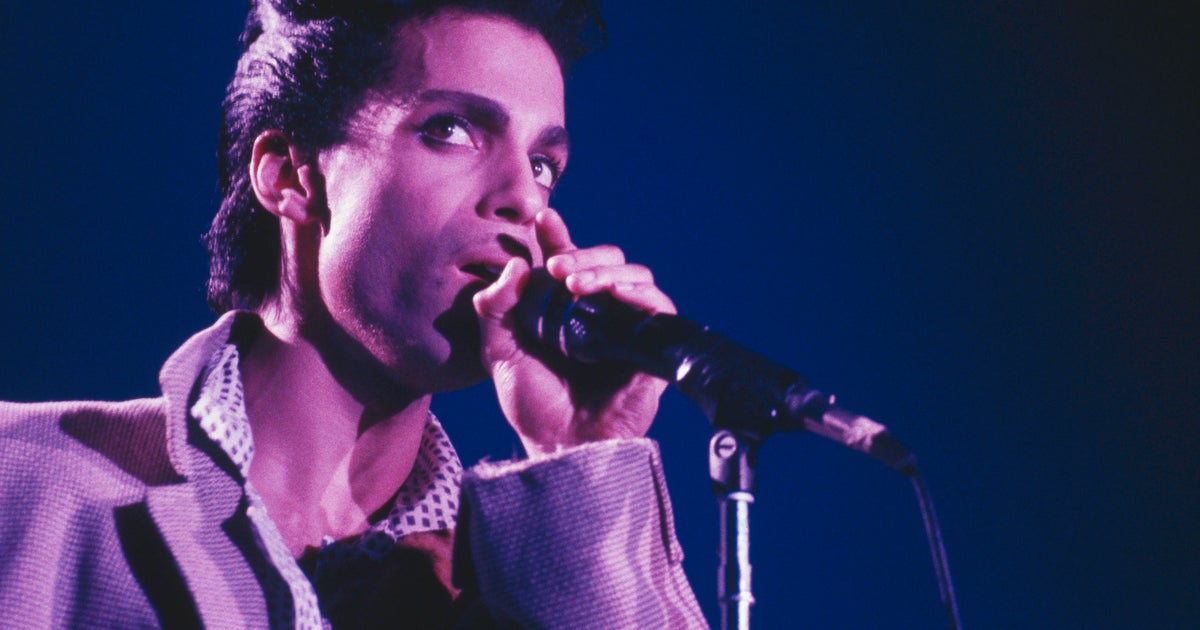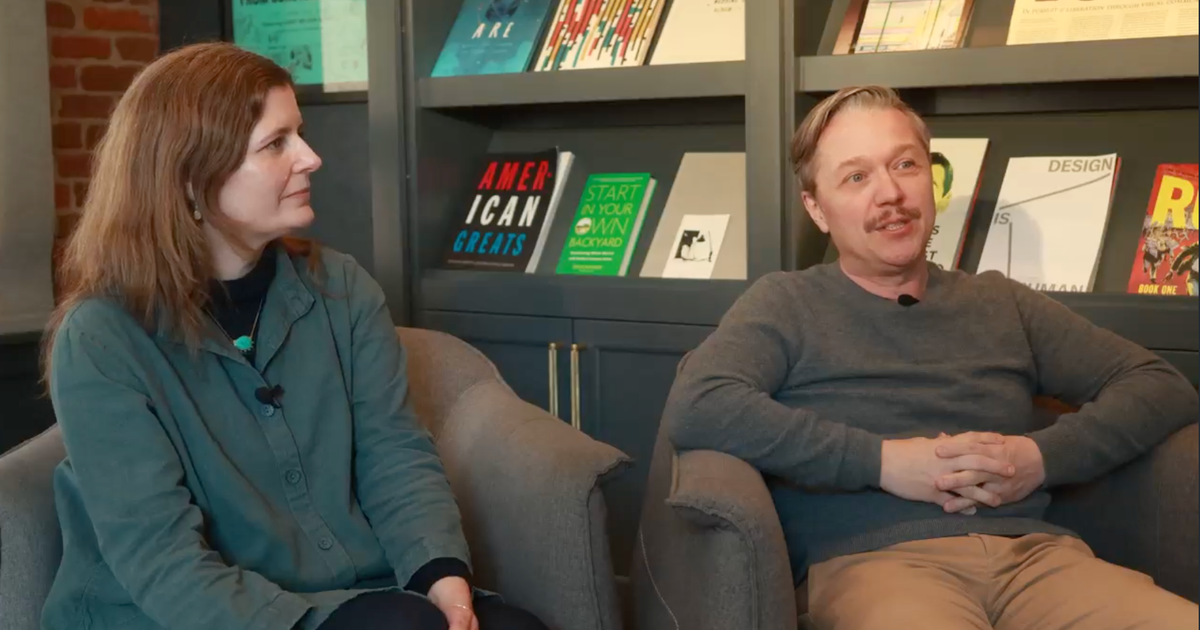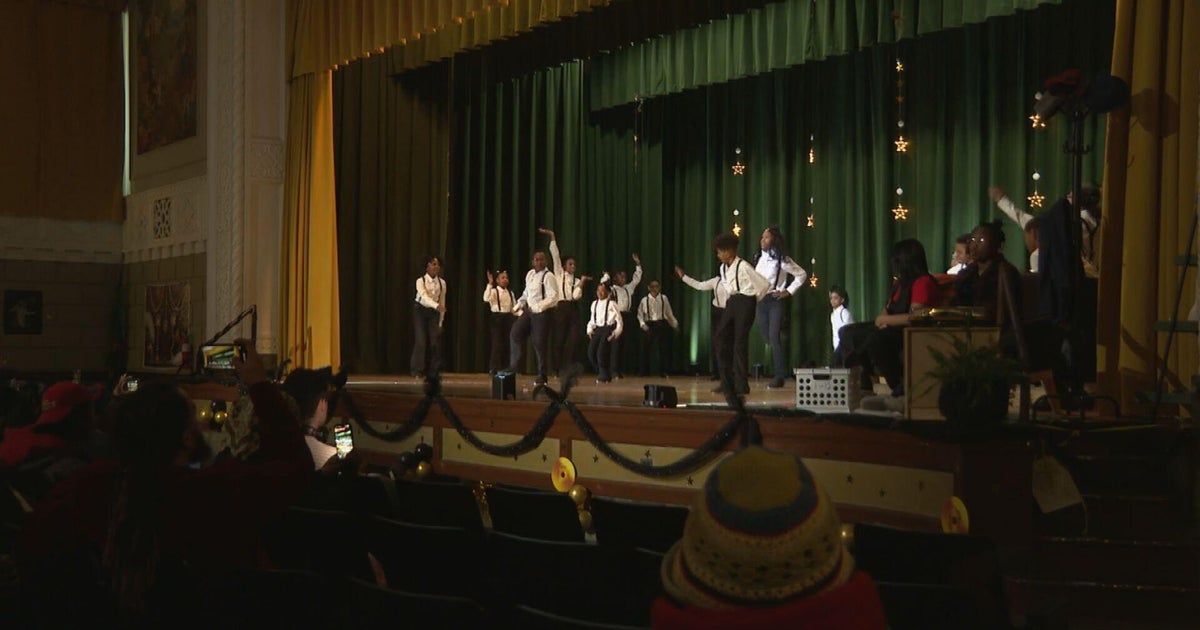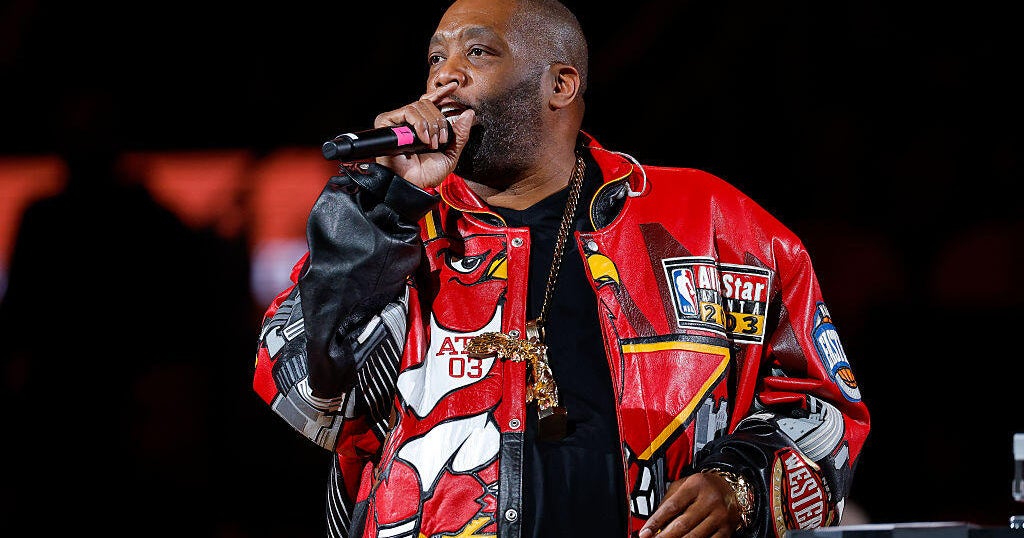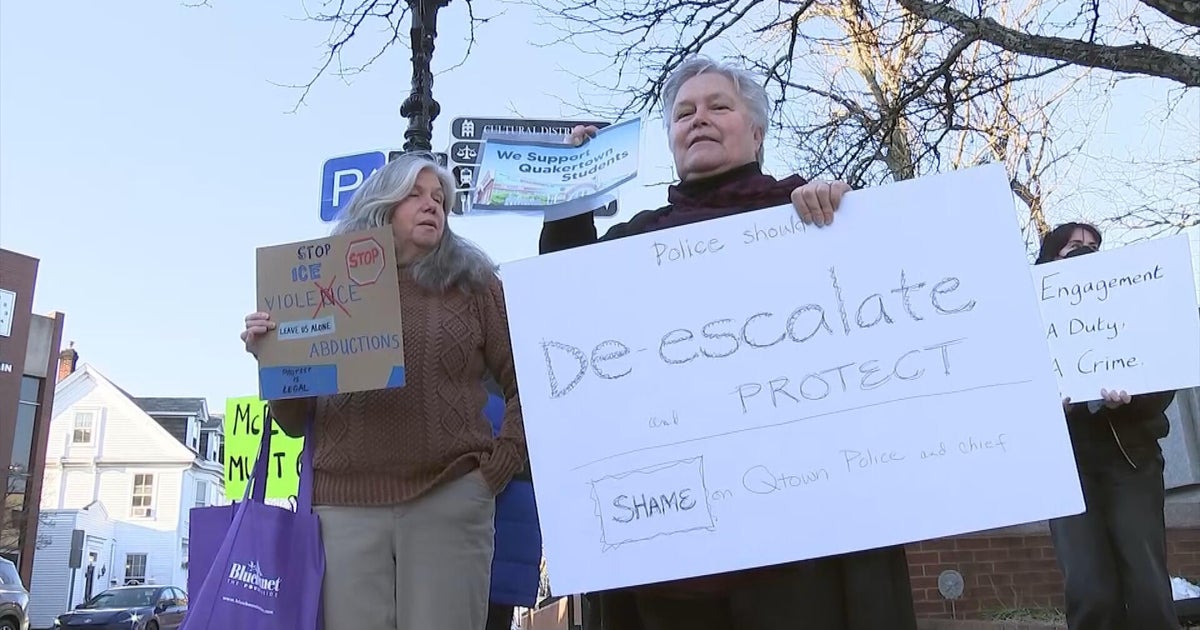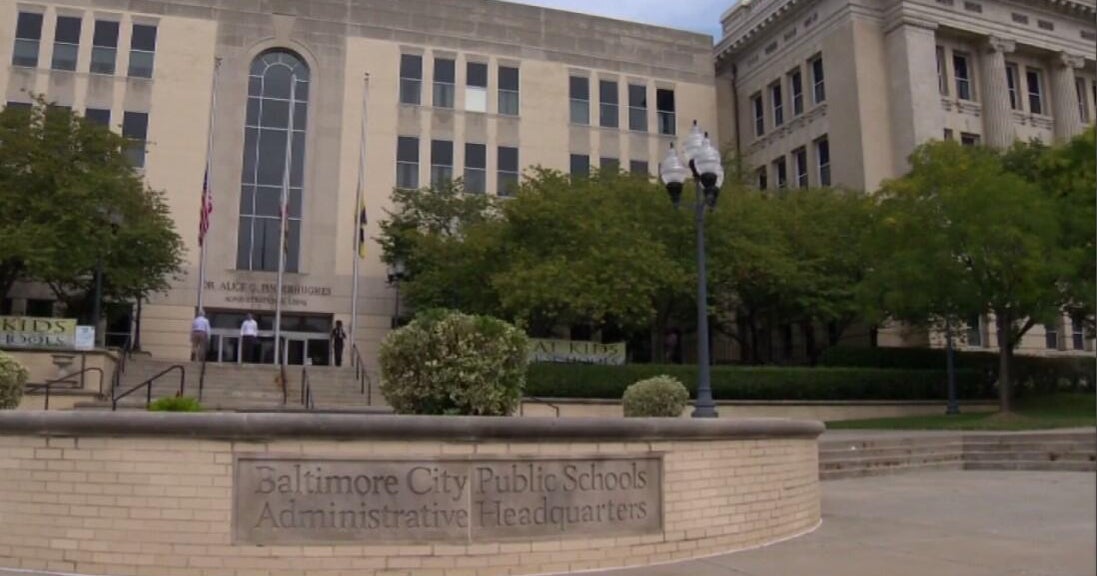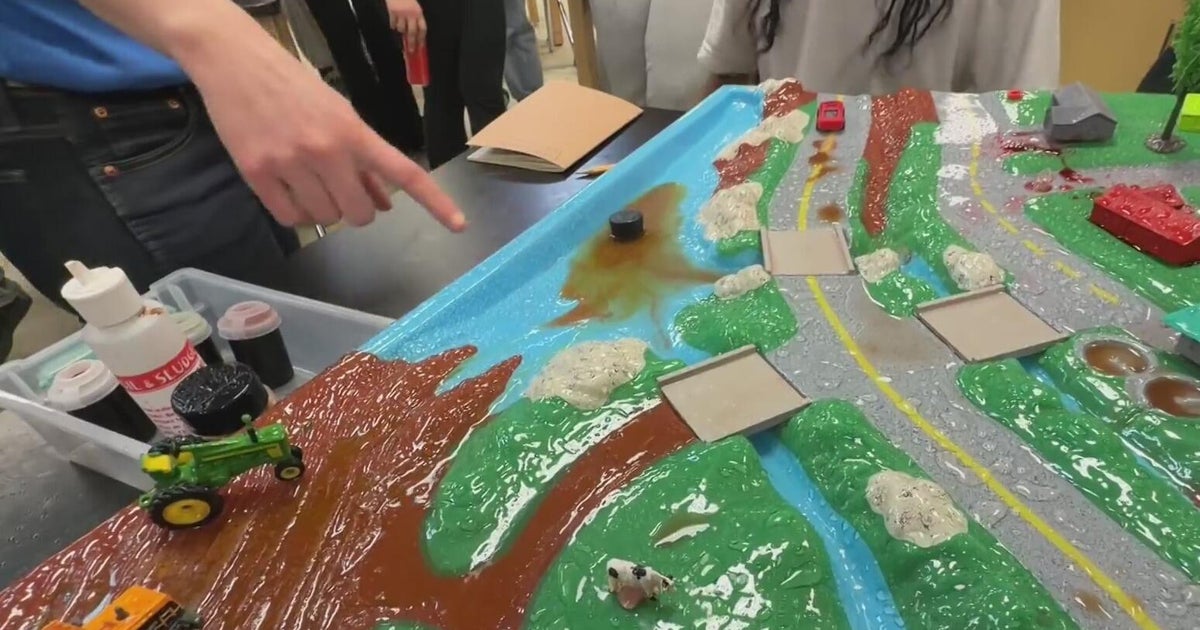Prince: Saying Goodbye to a True Original
By Brian Ives for Radio.com
I first heard Prince when I was in eighth grade. Actually I saw and heard him at the same time: it was either "1999" or "Little Red Corvette" on MTV. It was a new way to experience new artists, and the music video medium was perfect for Prince.
There have, of course, always been fashion obsessed artists. Many of whom seem like their visuals are more important than the music itself. With Prince, everything was part of one vision. You got the impression that his shoes and his guitar strings were of equal importance, and that he was an absolute expert on both.
I remember around some point in the early '80s going to a party at a friend's house and "1999" came on MTV. I was already a Prince fan, but wasn't sure that that was something to admit to the older, cooler, long-haired, denim and leather crowd. This was a white suburban middle class area of New Jersey. Led Zeppelin and Van Halen and Ozzy Osbourne were the meat and potatoes of that region in that particular era. Pop stars were generally not appreciated; I guess you could say it was a form of "rockism" before the phrase was actually coined.
And Prince was most certainly pop, and it was pop in the most amazing way. It was the way the Beatles were pop, the way Stevie Wonder was pop, the way Aretha Franklin was pop. It's "pop" during a glorious moment when the best music is also the most successful and the most celebrated. When the songs on the charts are destined to be classics, not guilty pleasures. The zeitgeist is properly aligned.
I remember at the aforementioned party, everyone kind of stopped their conversations and watched Prince's video. "Cool tune," one of the guys said.
In the "1999" video he played a yellow Fender Stratocaster - the same kind that Chrissie Hynde, Tom Petty, Joe Strummer and Bruce Springsteen played. Of course, he wore it slung behind his back for much of the video, so he could dance and be the frontman. That's kind of the dichotomy of Prince: he may blow your mind with his guitar playing like Hendrix or Van Halen, or with his dancing like James Brown or Michael Jackson. That's a combination of skills few performers possess.
And if his guitar playing on "1999" wasn't quite mind-blowing, it certainly was on the singles from his next album. "When Doves Cry" was the first song we heard from his masterpiece Purple Rain, and it featured furious guitar; it's also probably the funkiest song ever to not have a bass guitar. And then there was "Let's Go Crazy," which concludes with the man doing just that on his guitar, for the last 45 seconds of the song. Rock radio wouldn't even play a solo that long. And yet Prince, vying for superstardom, put that on a single aimed at Top 40 radio (and by the way, it hit number one).
From there, he became one of the biggest stars of the decade, along with Madonna, Michael Jackson and Bruce Springsteen. Like those artists, you could tell he was going for it; it wanted to be an icon. Prince, though, wouldn't repeat himself in order to stay on the top of the charts, and Purple Rain (like Thriller and Born in the U.S.A.) proved to be impossible to follow up commercially. And creatively, Prince always challenged himself and his audience; his popularity seemed to ebb and flow for a few years. Around the World in a Day and Parade were both great, but they didn't crank out single after single the way Purple Rain did.
Sign "O" The Times is, to my mind, maybe the most "Prince" album Prince ever did. He seemed to tackle every genre he could imagine over the course of a double album, and lyrically, it felt like he was growing up. It came out while I was in college, which was the perfect time for an album like this. It has great party jams, but also bears repeated solitary listenings. It had the hits - the title track, "U Got The Look" - but also great album tracks, like "Starfish and Coffee" and "It." By the way, how was "Starfish and Coffee" not a hit? I remember being surprised that this wasn't as big as Purple Rain. "I Could Never Take the Place of Your Man" was released as a single, but it wasn't a big hit either. It seemed like the cosmos was out of order. Pop culture was starting to move on.
Then there was lovesexy, the Batman soundtrack (the first time we started realizing that not everything Prince did was golden) and Graffiti Bridge.
And then Diamonds and Pearls, which seemed to be the last album where the zeitgeist treated Prince as a major hit maker. It had a number one hit with "Cream" and a number three with "Diamonds and Pearls." He may have tried a bit too hard to fit in with hip-hop on that album by adding an MC named Tony M; but the Spike Lee-directed video for "Money Don't Matter 2 Night" showed that he was in tune with the era, and it was one of his best songs and videos. Prince still had it. He just wasn't in your face as much as he used to be.
From there, of course, things got weird, and if you've read this far, you know the story: he had problems with his label, and problems with the music industry in general. He ditched his name for an unpronounceable symbol, wrote "Slave" on his face, and put out records that we knew he wasn't really passionate about; he was trying to get out of his record deal.
And then he started exploring new possibilities for superstars in the music industry. At that time, arena-packing stars would stay at major labels for as long as their star power would allow. Prince saw a different way of doing things, and he was a bit ahead of his time on this. No one would tell him how to record his music anymore, or how much of it to release. He'd record music on his own, and then make a deal to put the record out. His first post-Warner Brothers record was the triple-album Emancipation in 1996. In 1998, he released Crystal Ball, which clocked in at three to five CDs (depending on the version that you ordered). Fans who grew up with him now had careers and jobs, and it was harder and harder to keep up with the man's massive output. And truthfully, not all of it was great. But a lot of it was. You just had to pay attention.
There's a moral to that story: just because the top 40 hits didn't come as easily, that didn't mean he would slow down. As an independent artist, you knew that he was 100% behind everything that he did and if not all of it was classic, well, not everything you do it life is perfect either. Prince kept at it, and for the fans paying attention, his later years yielded a lot of classics, it's just that they wouldn't be spoon-fed to you via overexposure in the media. They weren't as omnipresent as his '80s hits, but if you were a real fan, you probably loved "Musicology" and "Illusion, Coma, Pimp and Circumstance" and "Cinnamon Girl" and "3121" and "Fury" and "Beautiful, Loved and Blessed" and "Black Sweat" and "The Word" and "Guitar" and "F.U.N.K." and "Pretzelbodylogic" and "Breakfast Can Wait" and a bunch of other songs.
All throughout his career, he knew his worth. He generally stayed away from the mainstream, but when he showed up at an event, he made it unforgettable. He took your breath away. In early 2004, he opened the GRAMMYs with a performance with Beyonce; it was a mic drop moment if there ever was one. You had to wonder why the producers put them on first, and what went through the minds of the other performers who had to follow that up.
A few weeks later, he was inducted into the Rock and Roll Hall of Fame. Unlike most inductees, who usually have a single artist or band present them, Prince had Andre 3000 and Big Boi of Outkast along with Alicia Keys. One superstar act just didn't seem enough. And Keys' speech hit all the right notes.
"There is only one man who is so loud, he makes you soft," she said in her poetic presentation. "So strong, he makes you weak. So honest, you feel kinda bad for him. So bold, he defies you to be subtle. And so superbad he makes you feel so super good."
His performance, of course, was great. But later in the night, during a tribute to fellow inductee George Harrison, Prince joined Tom Petty, Jeff Lynne, Dhani Harrison and Steve Winwood for "While My Guitar Gently Weeps" and he seemed to stop time with his roof raising guitar solo.Performances at the Rock Hall induction are often cool; it's fun to be there. Rarely do the performances reach the level of transcendence. But watch the below video.
It made you actually forget who played on the original Beatles version of that song (that would be Eric Clapton). Because he was so good, at so many things, you could maybe forget that this guy was a certified guitar god. I wondered if those guys from that party, all those decades ago in New Jersey, saw this performance.
Three years later, Prince emerged again to remind us of his greatness when he performed at the halftime show at Super Bowl XLI in 2007, which was arguably the best halftime performance of all time.
You've surely noticed that there are few videos of Prince's performances and songs on YouTube other than the ones that are embedded above. Of course, that's because of the man's ambivalence towards the internet. In an age where every artist is expected to use social media to make more "impressions" via video views, likes, etc., Prince limited his online presence to an absolute minimum. He didn't go to you; you had to go to see him. On top of his insane talent and his incredible catalog, he was one of the few artists who somehow retained an air of mystery, decades into his career.
(Sure, you can stream him on Tidal. But really, you should pick up an album or two or ten or twenty and listen to them start to finish.)
He gave us an insane amount of great songs and albums. His concerts were the stuff of legend. But maybe his greatest gift was the fact that he truly did everything his way, whether it was his music, his fashion sense, or the way he presented himself to the world. As Alicia Keys said in her speech, "Because of him, I've never wanted to be like anyone else but myself."
Which is a great takeaway: you certainly wouldn't want to try to be like him. You'd always come up short, no pun intended.
For now, the world mourns his loss, and celebrates his music and you're probably doing that too. Sure, listen to Purple Rain and Sign "O" The Times and Dirty Mind and Diamonds And Pearls. But pay the man some respect, and also include "F.U.N.K." and "Guitar" and "Musicology" in your mix. Because like his earlier classics, his more recent ones can make you feel happy when you're sad, make you good when you are bad. The world needs more of that today, and it always will.
